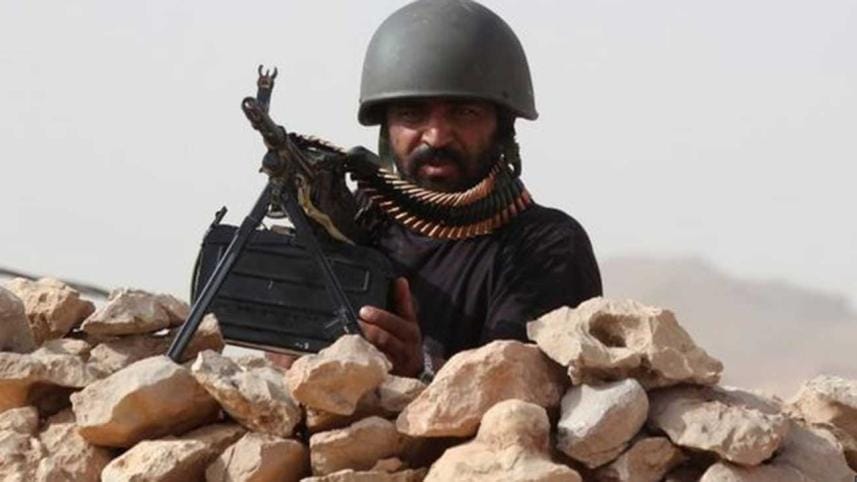Fighting breaks new Yemen truce

A new UN-brokered humanitarian ceasefire in Yemen has been broken shortly after coming into force.
Residents say the Saudi-led coalition carried out air strikes in the capital Sanaa. Clashes have also been reported in the south-western city of Taiz.
The UN Security Council had earlier urged all sides to observe the truce from midnight on Friday (21:00 GMT).
More than 3,000 people have been killed since the coalition began air strikes in March to drive back Houthi rebels.
Aid agencies say a blockade on Yemen has worsened the humanitarian crisis after months of conflict. More than 80% of Yemen's 25 million people now need some form of aid.
Despite the UN-declared ceasefire, fighting resumed in the early hours of Saturday. Witnesses reported the air raids on Sanaa, which is controlled by the Shia Zaidi rebels - or Houthis.
One strike targeted a military camp used by the rebels, the Associated Press news agency reported.
Displaced by conflict
In recent months Yemen has descended into conflicts between several different groups, although the main fight is between forces loyal to beleaguered President Abdrabbuh Mansour Hadi and the Houthis, who forced Hadi to flee Sanaa in February.
After rebel forces closed in on the president's southern stronghold of Aden in late March, a coalition led by Saudi Arabia responded to a request by Hadi to intervene and launched air strikes on Houthi targets.
Gulf Arab states have accused Iran of backing the Houthis financially and militarily, although Iran has denied this.
About a million civilians have been displaced by the conflict.
Charities say a lack of fuel in Yemen is making it difficult to reach those in need and to provide adequate care in hospitals.
The coalition allowed a five-day humanitarian ceasefire in May, but much of the aid promised to those in need has failed to materialise.
Yemen is strategically important because it sits on the Bab al-Mandab strait, a narrow waterway linking the Red Sea with the Gulf of Aden, through which much of the world's oil shipments pass.
 For all latest news, follow The Daily Star's Google News channel.
For all latest news, follow The Daily Star's Google News channel.
Comments